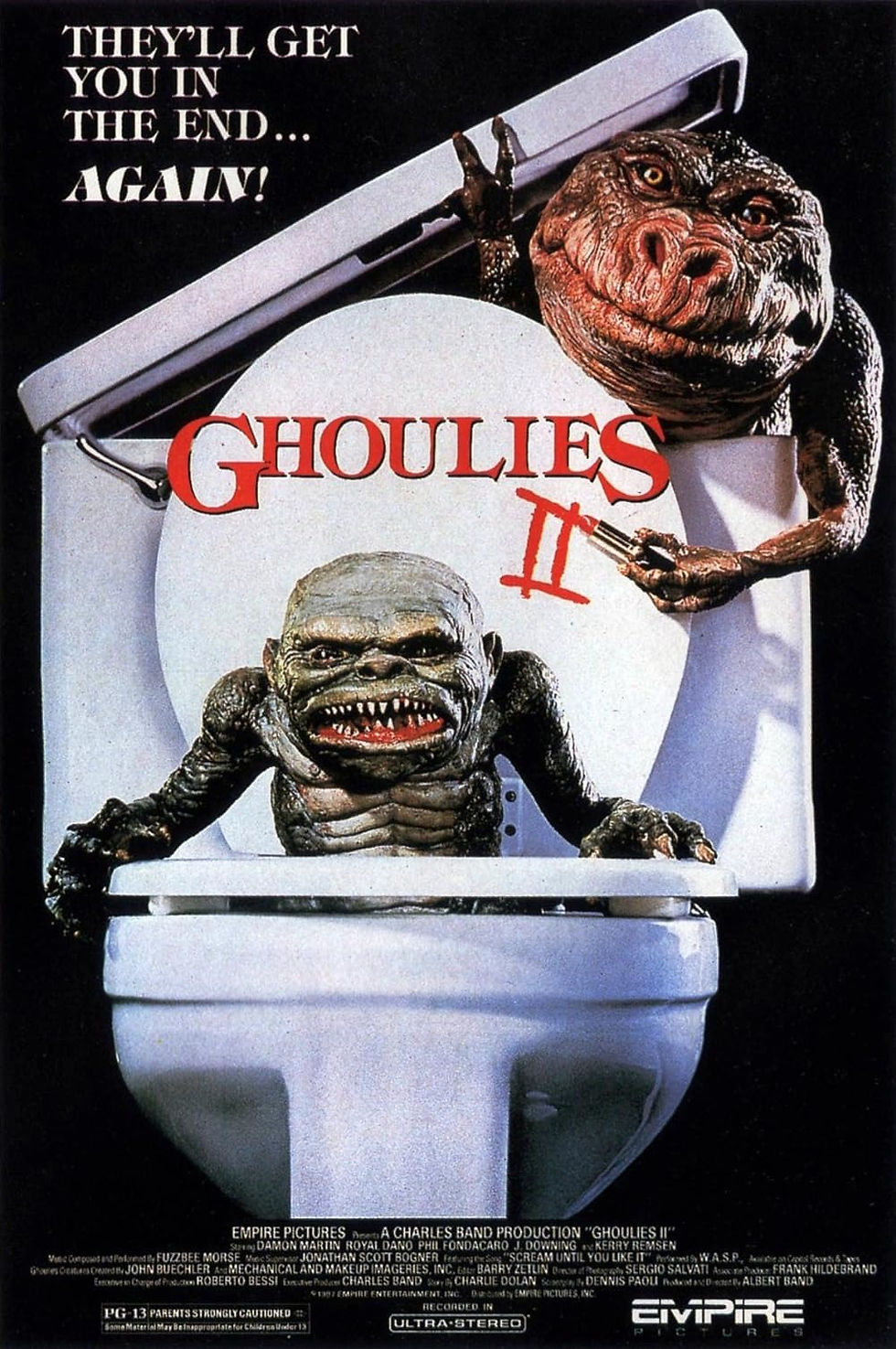The King of Horror: A Deep Dive into Stephen King Adaptations.
- Allan Major

- Mar 21, 2024
- 3 min read
Updated: May 23, 2024

Get ready to have your mind flayed open, horror fans, because today we're diving into the bone-chilling world of Stephen King adaptations. This ain't no kiddie ride through a spooky funhouse – we're talking a descent into the underbelly of the human psyche, where nightmares bleed into reality and sanity hangs by a thread.
Stephen King: The Master Weaver of Cinematic Terror
Stephen King is the undisputed heavyweight champ of horror literature. His novels are more than just page-turners; they're twisted psychological tapestries woven with a dark thread of the uncanny. Directors have been feasting on King's fertile imagination for decades, churning out an endless parade of celluloid nightmares. But why are his stories so damn adaptable to the silver screen?
The Shape of Fear: King's Understanding of the Human Psyche
It ain't all blood and guts with King – the man understands the primal roots of fear. His characters aren't cardboard cutouts, but broken reflections of ourselves, plagued by everyday anxieties that spiral into monstrous proportions. Take Jack Torrance in 'The Shining' – a man teetering on the edge of madness, fueled by a cocktail of isolation, failure, and bottled resentment. It's his vulnerability that makes the supernatural horrors of the Overlook Hotel so damn chilling.
King digs his claws into those universal terrors – the fear of losing control, the dread of mortality, the creeping suspicion that something lurks in the shadows just beyond our sight. These are fears that gnaw at the core of every moviegoer, making his work a goldmine for cinematic scares.

The Iconic and the Obscure: A Legacy of Horror Adaptations
King's name has become synonymous with big-screen horror. We've all shuddered at Pennywise's malevolent grin in 'IT', felt the icy dread of 'The Shining', and squirmed through the body horror masterpiece that is 'The Mist'. But his influence extends far beyond those box office titans.
There's a treasure trove of lesser-known King adaptations just waiting to be unearthed. Movies like 'Creepshow', a gloriously schlocky anthology dripping with 80s horror charm, or the psychological gut-punch of 'Gerald's Game'. These films might not be mainstream blockbusters, but they showcase the sheer range of King's storytelling prowess.
Why Do King's Stories Endure on Screen?
There's something mesmerizing about seeing the horrors that lurk in King's novels unleashed on screen. The act of cinematic visualization forces us to confront the monstrous in a visceral way. Those grotesque images sear themselves onto our memory – the blood-drenched prom scene in 'Carrie', the unnerving twins in the Overlook Hotel's hallway, the monstrous clown lurking in the sewers.
But it's not just the visual impact; it's the emotional resonance. King infuses his tales with a sense of melancholy, a lingering despair that sits heavy on the soul long after the credits roll. Movies like 'Stand By Me' and 'The Shawshank Redemption' might not be traditional horror, but they tap into a profound darkness within the human experience.

The Future of King on Film
Stephen King shows no signs of slowing down, and neither do the filmmakers eager to sink their teeth into his twisted imagination. With a slew of new adaptations on the horizon, including a fresh take on 'Salem's Lot', and a series based on 'The Talisman', the King cinematic universe is set to expand and terrify new generations.
The Enduring Legacy of the King of Horror
Stephen King's influence on the horror genre is undeniable. He's a master puppeteer, pulling the strings of our deepest fears, and filmmakers have been his willing accomplices in terrorizing audiences for decades. His stories are a testament to the enduring power of the macabre, a testament to the chilling truth that sometimes the most horrifying monsters are the ones that reside within ourselves.







